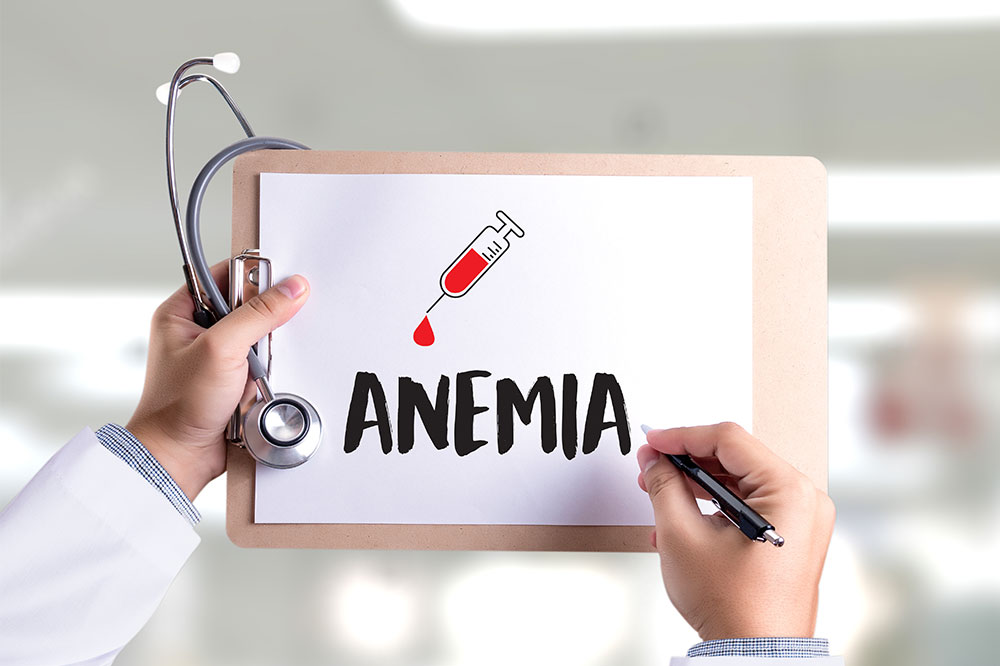Key Strategies for Effective Anemia Treatment
This article outlines four key steps for managing anemia effectively. It covers various types of anemia, their causes, and treatment options such as iron supplements, IV iron therapy, and blood transfusions. Emphasizing early diagnosis and addressing underlying conditions, the piece offers practical guidance for healthcare providers and patients alike. Understanding the importance of tailored treatment strategies is vital for successful anemia management, improving patient outcomes and quality of life.

Key Strategies for Effective Anemia Treatment
Hemoglobin, a vital protein in red blood cells, transports oxygen throughout the body. Its iron content imparts the blood's characteristic red hue. Anemia arises when hemoglobin levels or red blood cell counts drop too low, often due to underlying health issues or nutrient shortages. Various forms of anemia include:
Iron deficiency anemia – Resulting from inadequate iron, commonly caused by heavy menstruation or bleeding.
Vitamin deficiency anemia – Caused by insufficient levels of vitamin B12, folate, or vitamin C.
Aplastic anemia – Stem cell damage in the bone marrow hampers red blood cell production.
Sickle cell anemia – Characterized by abnormally shaped crescent-like red blood cells.
Hemolytic anemia – Premature destruction of red blood cells leads to this condition.
Thalassemia – Low hemoglobin synthesis causes this inherited blood disorder.
Blood disorders differ in severity and duration, making prompt diagnosis and treatment crucial. Addressing underlying causes is essential for effective management.
Here are effective approaches to managing anemia:
Iron supplementation
Oral iron pills work well if the intestines absorb nutrients properly. However, they are best suited for mild anemia and non-pregnant women, as absorption is slow. For quicker results, intravenous iron is preferred. Iron supplements typically contain ferrous salts like ferrous sulfate, gluconate, or fumarate.
Intravenous iron infusion
When oral iron is ineffective, IV iron offers rapid replenishment. Conditions like celiac disease or autoimmune gastritis may hinder absorption, making IV treatment more effective. This must be administered by healthcare professionals to ensure safety.
Blood transfusion
Reserved for cases with active bleeding or hemodynamic instability, blood transfusions provide immediate relief. Since it is a temporary fix, identifying and treating the root cause is necessary to prevent recurrent anemia. Other therapies should be used alongside transfusions to maintain healthy hemoglobin levels.
Determining the source of iron deficiency
Identifying the underlying cause is pivotal. Treating any associated illness can alleviate anemia symptoms and prevent future issues.










